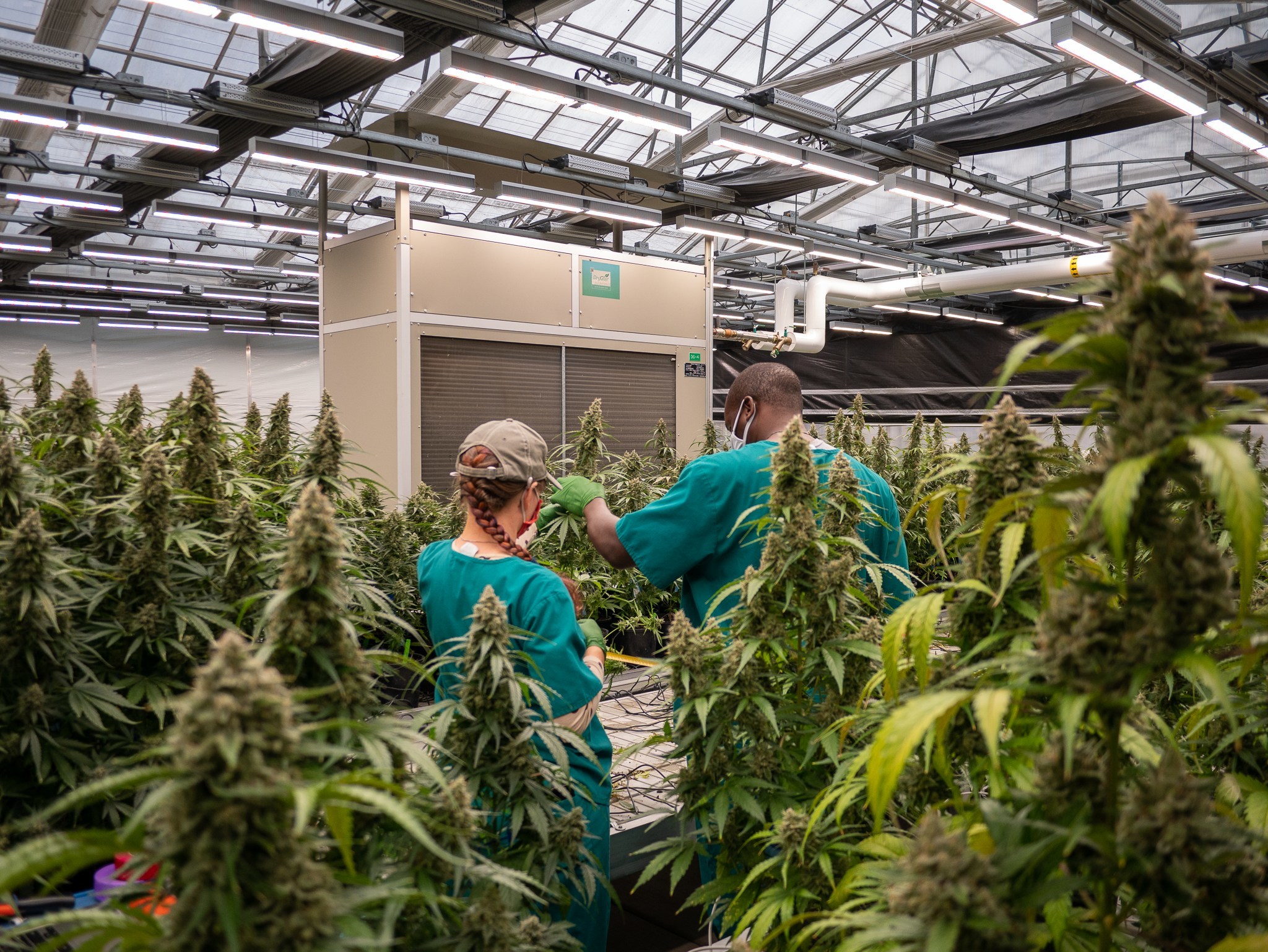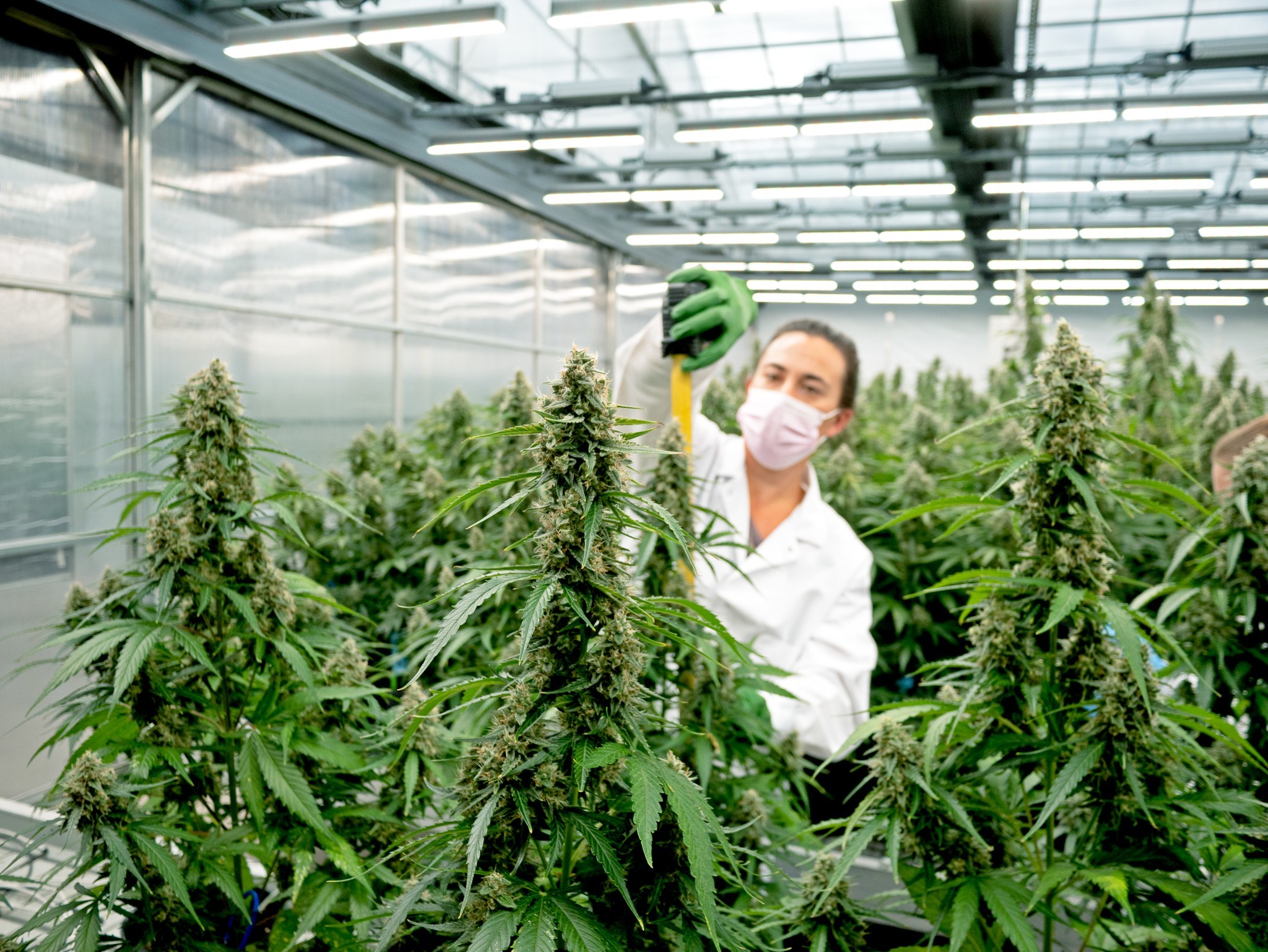Cannabis Study Reveals Optimal Canopy Density for Highest Yield
PORTLAND, Ore. – Phylos® alongside its research and cultivation partner, Progressive Plant Research (PPR) have announced the results of their day-neutral cannabis density trial. The purpose of this study was to establish the effect of plant density on biomass, extraction yield, cannabinoids, terpenes, and other traits. Findings from this study highlight how optimizing density treatments can improve crop yield, efficiency, and sustainability as well as answer the question, “how dense should my canopy be to maximize yield and profit from my production” often asked by cannabis and hemp growers.
In total, five different density treatments were evaluated using two different pot sizes (one gallon and two gallon) resulting in a sample size of over 1,000 plants and the collection of over 9,200 data points for evaluation.
“The density trial demonstrates a huge economic advantage achieved from a high density production treatment,” says John McFerson, Vice President of Breeding at Phylos. “Our customers seek maximum profitability for their production environments and can be assured that Phylos releases only the highest performers with robust ability to perform under a range of real grower conditions.”
Data from the study, which was conducted using two varieties of Phylos’ recently introduced day-neutral cannabis genetics, suggests that:
- Phylos varieties grown in 2-gallon pots at the highest density (0.5 sf/plant spacing) produced more flower biomass and more flower extract yield per unit area. With this treatment, growers can fit 20,000 plants in a 10,000 sf production space.
- Lower density treatments produced a higher percentage of Grade A flower and can capture a higher price point as top-shelf dispensary flower.
- Plants in two-gallon pots produced taller, wider plants with larger individual flowers.
- Cannabinoid content (total THC, minor cannabinoids, and terpenes) remained consistent between all density treatments.
- Growing at higher densities maximize the usage of production inputs, including electricity, nutrient, and water requirements.
By arming themselves with information like Phylos’ density trial results, commercial cannabis and hemp growers are better positioned to optimize their grow operations in terms of both profitability and sustainability.
(This information is primarily sourced from Phylos. Highly Capitalized has neither approved nor disapproved the contents of this news release. Read our Disclaimer here).





































